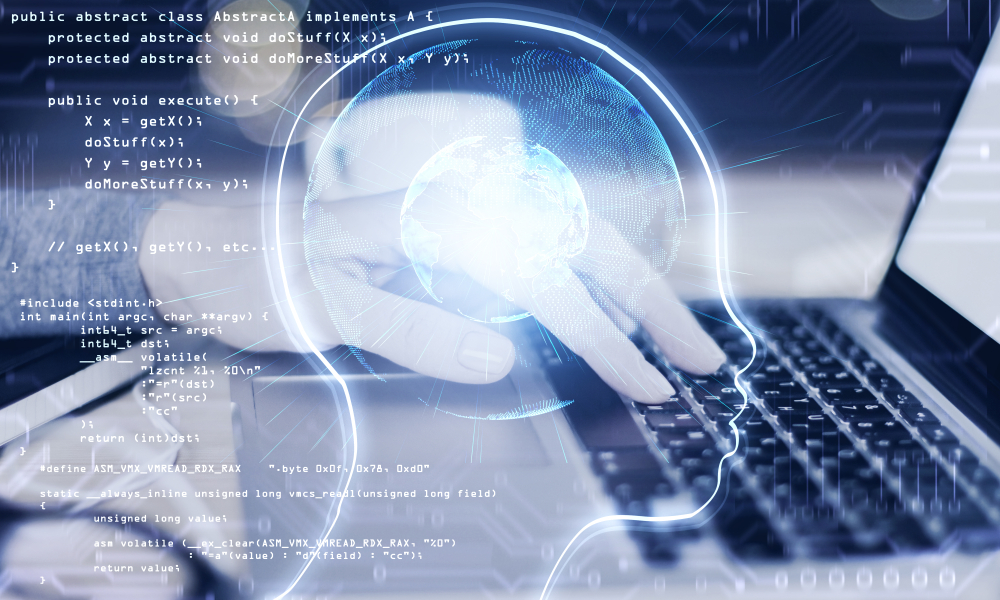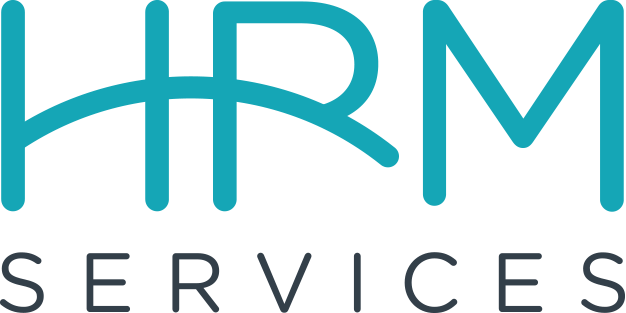
The rapid ascent of AI has been nothing short of revolutionary, prompting an essential dialogue on its integration into our company policies and practices. With the issuance of a new Executive Order from President Biden on October 30th, the regulatory framework is catching up, demanding a proactive approach to AI ethical and safety standards.
The Executive Order focuses on two key areas – vendor safety assessments and civil rights considerations. AI developers and vendors will now need to share bias and accuracy test results with the government to ensure the tools are safe before they hit the market. The implementation of this new process and oversight will take time, but hopefully it will create more trust and credibility in AI tools.
Compliance and Fairness: The EEOC’s Take on AI
The Equal Employment Opportunity Commission (EEOC) is also focusing on AI, particularly in the area of recruitment and hiring. As HR experts, we know it is critical that our AI-driven screening tools comply with non-discrimination policies and are unbiased. The EEOC’s strategic plan underscores the importance of transparency and consent in AI use and reminds us that responsibility for any bias that occurs is not with the AI vendors, but with us, the employers.
The onus of ensuring AI tools are free from discrimination falls squarely on our shoulders. It’s incumbent upon us to thoroughly vet the technology providers we partner with, understanding the tests they’ve conducted to safeguard against unintended biases. This due diligence and human oversight is a cornerstone of our role in protecting both our organizations and those we serve. We cannot rely too heavily on AI, we must balance it with human oversight.
AI’s Broader Impact in HR Operations
AI’s influence extends beyond candidate screening—it’s present in employee monitoring, interview software, and even the algorithms that govern chatbot interactions. As stewards of workplace culture and ethics, we must be judicious in how we deploy AI, ensuring it enhances rather than compromises our standards and practices. Establishing a comprehensive AI policy is also essential. You need to dictate how employees can use AI and what controls and oversight you have in place to ensure they are used well. Policies should clearly delineate acceptable uses of AI, safeguard against plagiarism, and manage the flow of company information in and out of AI systems. These policies should be crafted in collaboration with your legal counsel to ensure that you are covering all of the bases.
Upholding Human Expertise in the Age of AI
In the realm of HR, our expertise is our currency, and even the most sophisticated AI cannot replace the human discernment we’ve honed over the years. Take, for instance, an AI experiment we conducted at HRM Services: transforming a video transcript into a blog post. The first trial was a hit, seamlessly converting my spoken words into written content. However, the next attempt was less successful, with the AI misunderstanding the nuances of proposed legislation. Had I not reviewed the output, this error could have misled readers on legal matters. This experience underscores the necessity of human oversight in AI applications, ensuring the accuracy and integrity of the information we disseminate.
As we step forward into this new era of technological sophistication, let’s not lose sight of the human values and insights that define our profession. Should you wish to discuss the strategic implementation of AI in HR or share your own experiences, please reach out at jodischafer@workwithhrm.com. Together, we can navigate the complexities of AI, ensuring that it serves as a powerful tool in our extensive HR toolkit.

